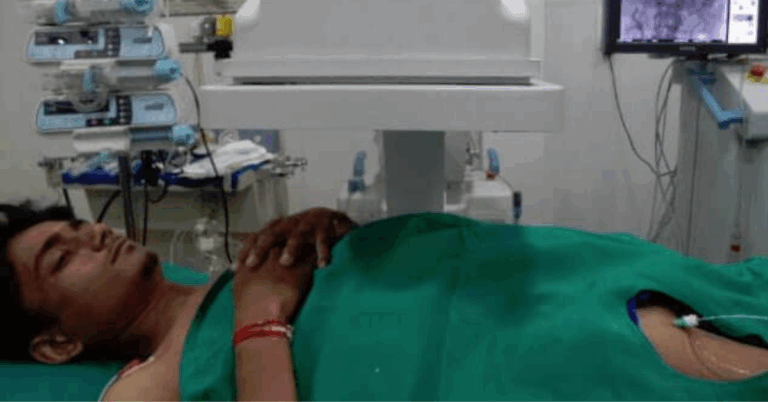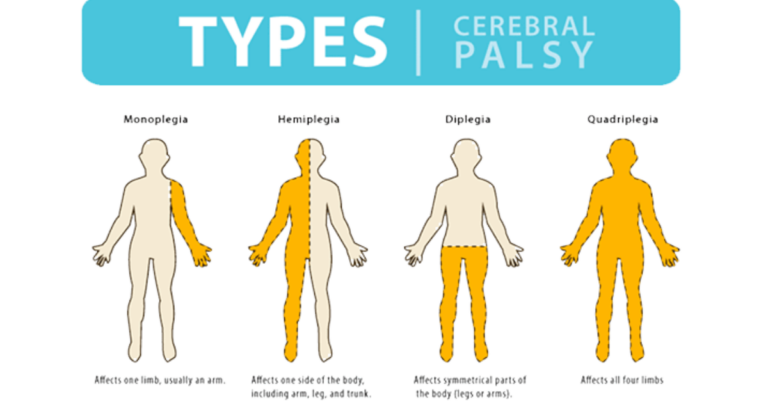The Evolution of Smart Hospitals
Smart hospitals are revolutionizing the healthcare industry by integrating cutting-edge technology to enhance patient care and streamline operations. These facilities are equipped with advanced digital infrastructure, including electronic health records (EHR), telemedicine capabilities, and remote monitoring systems. By utilizing IoT devices and sensors, smart hospitals can collect real-time data to provide personalized and efficient medical services.
One of the key benefits of smart hospitals is the ability to automate routine tasks, reducing the burden on healthcare providers and improving overall efficiency. Through the use of AI-powered systems, hospitals can analyze patient data to predict potential health issues, allowing for proactive interventions and personalized treatment plans. Additionally, IoT devices enable seamless communication between medical staff, enhancing collaboration and ensuring timely responses to patient needs.
The Integration of IoT in Healthcare Facilities
The healthcare industry is rapidly evolving with the integration of Internet of Things (IoT) technology in healthcare facilities. This innovative approach enables healthcare providers to monitor patients in real-time, track medical equipment, and streamline operations efficiently. IoT devices like wearable health trackers and connected medical devices are revolutionizing patient care by providing continuous health data and enhancing telemedicine services.
Moreover, IoT integration in healthcare facilities enhances the overall patient experience by improving communication between medical staff and patients. With IoT devices, healthcare providers can remotely monitor patients’ conditions, provide personalized treatment plans, and optimize healthcare delivery. Additionally, the use of IoT technology enables healthcare facilities to collect valuable data insights for predictive analytics, leading to better decision-making and improved patient outcomes.
What is IoT?
IoT stands for Internet of Things, which refers to the network of physical devices that are connected to the internet and can communicate with each other.
How is IoT being integrated into healthcare facilities?
IoT is being used in healthcare facilities to improve patient care, streamline operations, and enhance efficiency through the use of connected devices and sensors.
What are some examples of IoT in healthcare facilities?
Examples of IoT in healthcare facilities include wearable devices that monitor patient vitals, smart hospital beds that adjust automatically, and RFID tags that track medical equipment.
How does IoT benefit healthcare facilities?
IoT can benefit healthcare facilities by improving patient outcomes, reducing costs, enhancing the patient experience, and enabling more personalized care.
Are there any challenges to implementing IoT in healthcare facilities?
Some challenges to implementing IoT in healthcare facilities include ensuring data security and privacy, integrating different systems, and training staff on how to use the technology effectively.







